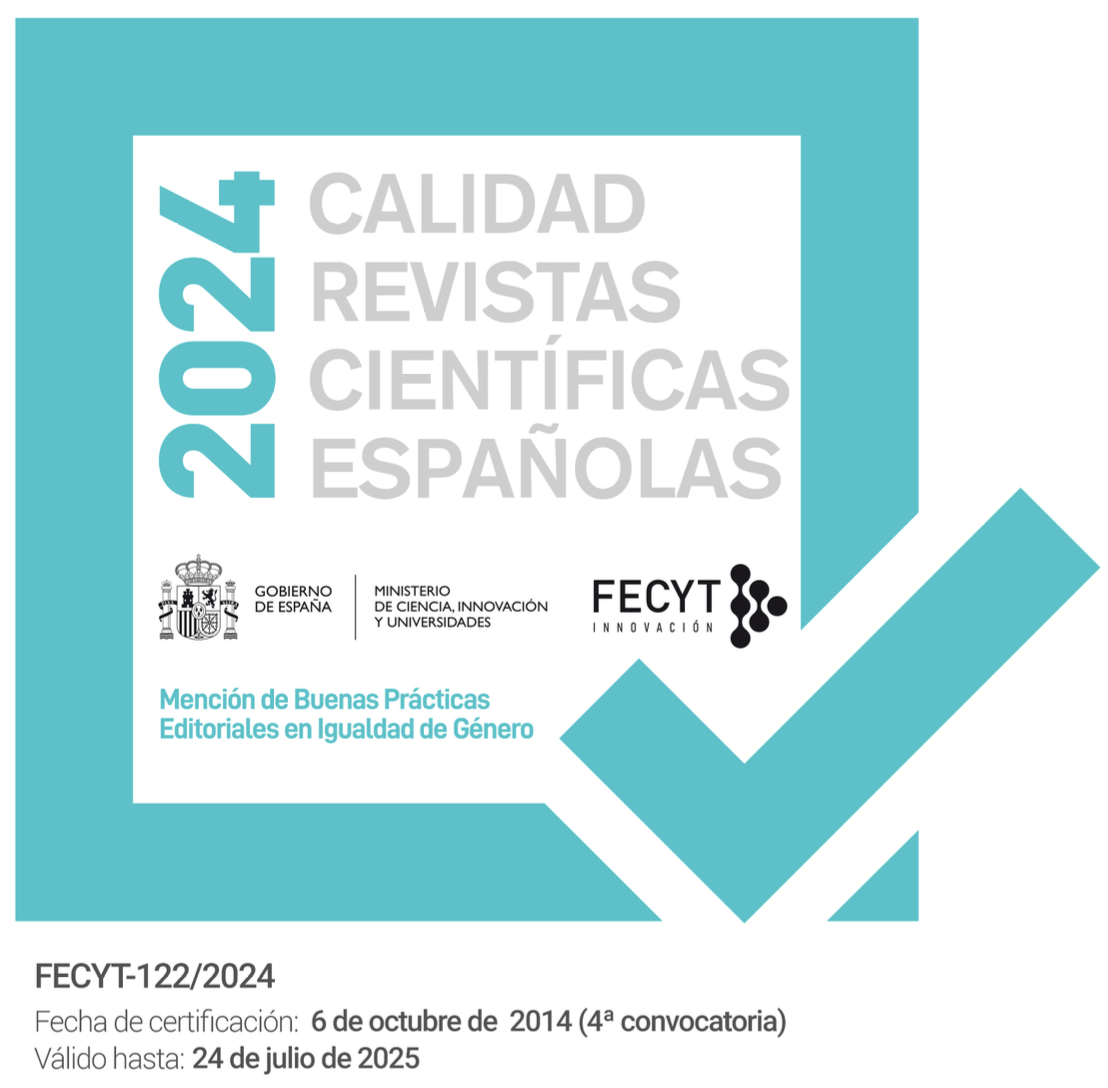“Love Letter to My Ancestors:” Representing Traumatic Memory in Jackie Kay’s The Lamplighter
Keywords:
slave trade, traumatic memory, postmemory, Africa, Britain, Jackie KayAbstract
Jackie Kay’s The Lamplighter, published in 2008, was first broadcast on BBC radio in 2007 to coincide with the commemoration of the bicentenary of the abolition of the African slave trade in Britain. Kay’s dramatised poem or play, as it has alternately been defi ned, focuses on the female experience of enslavement and the particular forms of dehumanization the female slave had to endure. Kay’s project can in fact be described in terms of Marianne Hirsch’s concept of “postmemory,” or more specifically of “feminist postmemory.” As such, literary devices are employed to emulate the traumatic events at the level of form such as intertextuality, repetition and a fragmented narrative voice. While commemorating the evils of the past, Kay simultaneously wishes to draw attention to contemporary forms of racism and exploitation in the pursuit of profit. Through re-telling the story of slavery, The Lamplighter can ultimately be regarded as Kay’s tribute to her African roots and the suffering endured by her African forebears and contemporaries.Downloads
Download data is not yet available.
Downloads
Published
2014-12-01
How to Cite
Tournay-Theodotou, P. (2014). “Love Letter to My Ancestors:” Representing Traumatic Memory in Jackie Kay’s The Lamplighter. Atlantis. Journal of the Spanish Association for Anglo-American Studies, 36(2), 161–82. Retrieved from https://www.atlantisjournal.org/index.php/atlantis/article/view/121
Issue
Section
Articles




